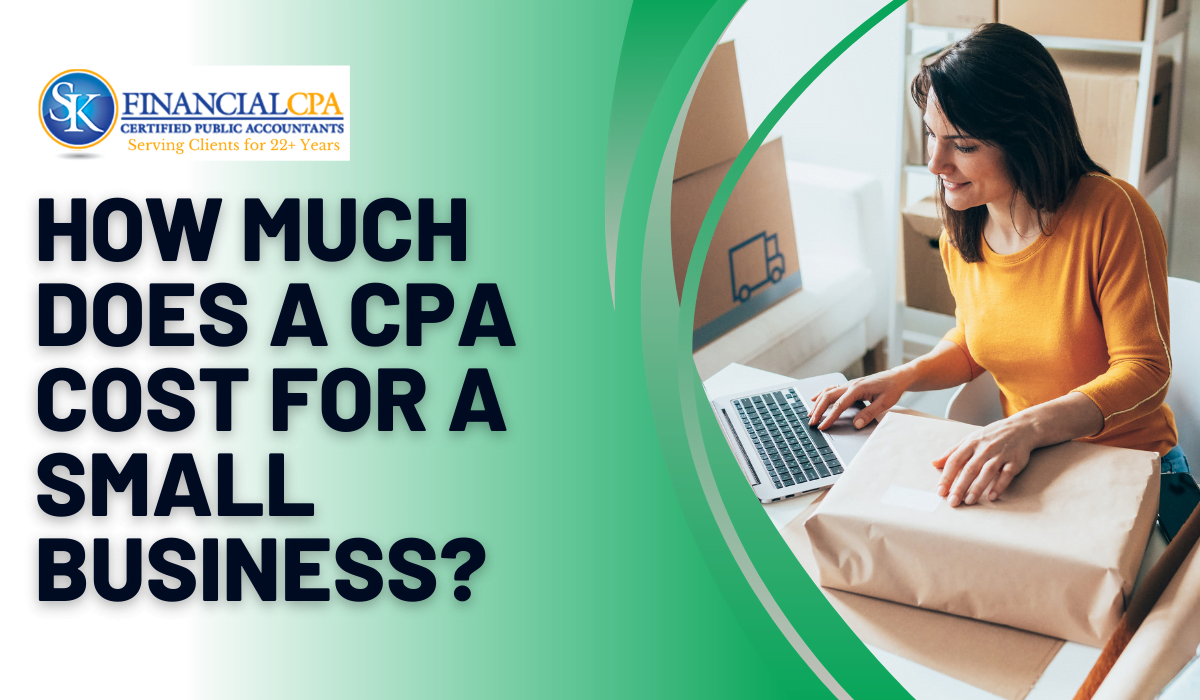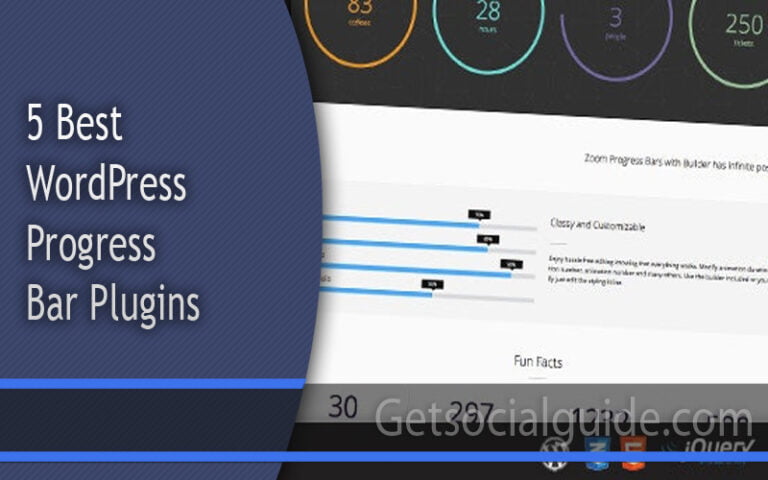How Much Does a CPA Cost for a Small Business?
Small business owners must juggle a multitude of tasks in the complex dance of entrepreneurship in order to keep their enterprises afloat. Managing finances may become a daunting undertaking amidst the stress of day-to-day operations, particularly when tax requirements and financial intricacies raise their head. The knowledge of a Certified Public Accountant (CPA) can be quite helpful in these situations.

Factors Affecting CPA Prices
A small business’s cost of employing a CPA might vary depending on a number of factors:
1. Service Scope: The complexity and range of services needed have a big influence on the price. Simple tax preparation services could be less expensive than thorough bookkeeping and financial counseling services.
2. Business Size and Structure: The amount of transactions, the intricacy of the financial records, and the CPA’s total workload are all influenced by the size and structure of the business. Compared to a smaller, more straightforward operation, a larger company with several revenue sources and intricate financial systems may have higher expenses.
3. Geographic Location: The cost of living and business operations in various areas might have an impact on CPA rates. Compared to rural or suburban locations, urban areas and metropolitan cities frequently command greater fees.
4. CPA Experience and Expertise: Accountants with a great deal of specific expertise and experience may charge more for their services. Their knowledge can offer value by assisting companies in navigating difficult financial situations and maximizing tax methods.
5. pricing Structure: CPAs have access to a range of pricing arrangements, such as retainer agreements, fixed fees, and hourly rates. Every structure has advantages and disadvantages; hourly rates allow flexibility, while fixed fees offer stability.
6. CPA Firm Reputation: Because of their resources, experience, and well-known brand, well-established CPA firms with a strong reputation may charge higher rates. Smaller businesses or lone practitioners, however, might be able to provide higher-quality treatments at more affordable prices.
Reasons To Use a CPA
CPAs are seasoned experts that can assist you with a variety of business-related issues, such as impartial counsel and financial statement analysis.
Employing a CPA will help you:
Handle your finances
A CPA may assist you with your financial situation by offering guidance on how to establish and organize your company as well as future-oriented planning. They are adept at developing expansion plans that reduce risk and increase revenue.
More read about How to become a CPA in Florida
Prepare your taxes
Paying taxes can be challenging, particularly if you’re just getting started. Small firms often find themselves in situations where their own errors or ignorance of tax regulations cause them to pay more than is necessary. You can avoid worrying about tax planning when you hire a CPA since they can guide you through the challenging tax filing procedure.
Create thorough financial statements
CPAs can evaluate how specific costs and deductions, such amortization or depreciation, will affect the income statement of your company. They can even assist you in filing for a tax extension or determine how much money you can save by lowering your tax liability. They ensure that all legal obligations are fulfilled, including timely tax return filing and timely payment of all delinquent payroll taxes.
Represent you before the IRS
Since CPAs are the only people who are qualified to defend you in the event of an IRS audit, you should hire them to do so.
Why Hiring a Tax Professional Pays Off
The advantages of hiring a certified public accountant (CPA) can greatly exceed the expenses for a large number of people and companies. Tax professionals provide compliance and strategic assistance to efficiently manage tax rules, minimize tax bills, and maintain financial health in an increasingly complicated financial world. They contribute a breadth of knowledge and proficiency to find potentially missed credits, deductions, and savings.
Cost Considerations for Small Businesses
For small businesses navigating the maze of CPA costs, here are some key considerations:
Evaluate Your Needs
Assess the specific financial requirements of your business, including tax obligations, bookkeeping needs, and strategic planning. This will help you determine the scope of services you require from a CPA.
Do Your Research
Don’t choose the first CPA you encounter. Investigate and contrast prices offered by various companies or professionals. Along with price, take into account their reputation, experience, and skill.
Put Value First Rather than Just Cost
When selecting a CPA, value should take precedence over cost. An expert CPA can offer advice and insights that outweigh the initial expenditure and help your company succeed in the long run.
Communicate Clearly
Make sure your selected CPA is aware of your expectations, objectives, and financial limitations. A mutually beneficial cooperation can be ensured and misunderstandings can be avoided by establishing open communication from the beginning.
Methods for Small Companies to Manage Accounting
To get the most out of your investments as a small business owner, you must adhere to correct accounting procedures.
Here are the approaches to accounting that small firms might use:
Employ Accounting Software
Previously, manual book and record keeping was frequently done with a pen and paper. Many firms today rely on accounting software to assist them in handling their money. You can select from a wide variety of accounting software options based on your preferences, industry, and financial situation. This was covered in our post on the top accounting programs for small companies.
Recruit an Internal Accountant
It could be best for your company’s needs to hire someone else to handle bookkeeping if you’re just starting out and don’t want to take on the entire workload alone. When you hire an accountant, you give them access to all of your systems so they can take care of everything from tax filings to payroll processing, saving you from having to worry about important details.
Contract Out to a Skilled CPA or Tax Professional
One of the greatest ways to make sure that your company’s accounting demands are being satisfied is to outsource your work to seasoned tax professionals or CPAs. They can assist you with all areas of accounting, such as small business tax returns, budgeting and business planning, and cash flow management.
Conclusion
Managing the financial aspects of a small business is a multifaceted task, with tax requirements and financial intricacies often adding complexity to the mix. While hiring a Certified Public Accountant (CPA) may entail costs, the benefits they bring far outweigh the expenses. CPAs offer invaluable expertise in financial management, tax planning, and compliance, helping small businesses navigate challenges and maximize opportunities for growth.
When considering the cost of hiring a CPA, it’s essential to weigh factors such as service scope, business size, geographic location, CPA experience, pricing structure, and firm reputation. By evaluating your business’s specific needs and conducting thorough research, you can find a CPA who offers the right balance of quality and affordability. Small businesses can explore alternative accounting methods, such as employing accounting software, hiring internal accountants, or outsourcing to skilled CPAs or tax professionals. These approaches allow businesses to manage their finances effectively while staying focused on core operations and strategic objectives.



